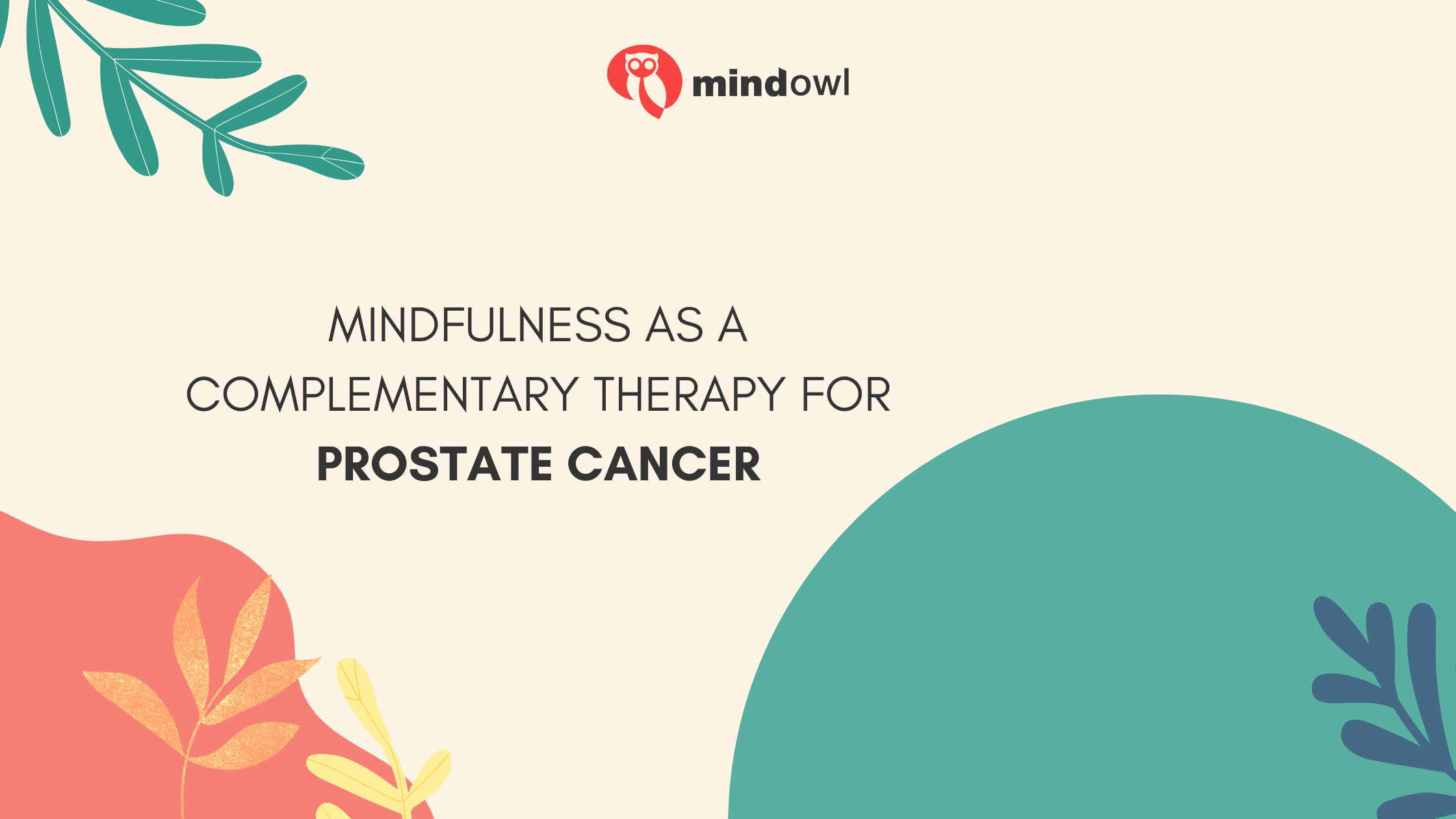Have you ever considered how mindfulness might enhance traditional cancer treatments? In the realm of effective advanced prostate cancer treatment, integrating mindfulness practices can offer patients a holistic approach to manage their symptoms and improve their quality of life.

Understanding Mindfulness in Medical Practice
Challenge: Integrating non-traditional therapies like mindfulness into established medical protocols often faces skepticism. Traditional treatment models are primarily focused on physical symptoms, leaving little room for alternative approaches that address the patient’s mental and emotional well-being, which are crucial components of holistic cancer care.
Solution: Mindfulness bridges this gap by offering a scientifically backed approach that complements traditional treatments. Recognized for its efficacy in reducing stress, anxiety, and pain, mindfulness practices encourage patients to live in the present moment, fostering a positive mental state that supports the healing process. This recognition transforms patient care, with more healthcare professionals advocating its integration into cancer treatment plans.
The Role of Mindfulness in Cancer Care
Challenge: A cancer diagnosis often brings overwhelming fear, stress, and anxiety, deeply affecting patients’ psychological well-being. The treatment journey can further exacerbate these feelings, leading to a challenging emotional landscape that traditional medical approaches may not fully address, leaving patients seeking additional support to navigate this aspect of their care.
Solution: Mindfulness practices are vital in cancer care, as they encourage patients to anchor themselves in the present moment. This shift in focus helps dissipate the cloud of negative emotions tied to cancer diagnosis and treatment, promoting a sense of peace and mental clarity. By regularly engaging in mindfulness, patients can cultivate a more positive outlook, significantly enhancing their emotional resilience and overall quality of life during their treatment journey.
Integrating Mindfulness with Traditional Treatments
Challenge: The medical community often grapples with integrating complementary therapies like mindfulness with conventional cancer treatments. There’s a delicate balance to maintain, ensuring that these holistic practices complement rather than compete with traditional methods, which can sometimes be met with skepticism from practitioners unfamiliar with the benefits of such integrative approaches.
Solution: Integrating mindfulness into conventional treatment plans can be achieved by educating healthcare providers and patients on its benefits. By incorporating mindfulness practices such as meditation sessions before chemotherapy or guided imagery during recovery periods, patients receive a holistic treatment approach. This synergy enhances the efficacy of medical treatments by improving the patient’s mental state, reducing stress-related side effects, and fostering a more positive healthcare experience.

Mindfulness Techniques for Patients
Challenge: Introducing mindfulness techniques to patients, especially those undergoing the stress of cancer treatment, can be daunting. Patients may feel overwhelmed by the prospect of learning something new or doubt their ability to engage in such practices effectively, particularly when grappling with fatigue, pain, and emotional turmoil.
Solution: To overcome these barriers, healthcare providers can introduce mindfulness through easily accessible and simple practices. Guided meditation apps, short deep breathing exercises, and encouraging mindful moments during routine activities (like eating or walking) can be effective starting points. These techniques require minimal physical effort and can be adapted to fit individual patient needs and capacities, making the practice of mindfulness an accessible and valuable tool in their treatment and recovery process.
The Impact of Mindfulness on Symptom Management
Challenge: Cancer treatments, while life-saving, often bring about a host of debilitating side effects, including acute pain, overwhelming fatigue, and persistent insomnia. These symptoms can severely impact patients’ quality of life, making it difficult for them to find comfort and maintain a positive outlook during their treatment journey.
Solution: Integrating regular mindfulness practices into the cancer care regimen has proven to be a game-changer in symptom management. Techniques like meditation, deep breathing, and body scans can significantly diminish the intensity of pain, fatigue, and sleep disturbances. By fostering heightened relaxation and body awareness, mindfulness helps patients navigate their symptoms more easily, contributing to improved overall well-being and a more bearable treatment experience.
Conclusion
For doctors treating advanced prostate cancer, mindfulness offers a valuable complementary therapy to traditional treatments. By addressing patients’ physical and emotional challenges, mindfulness practices can significantly enhance the overall treatment experience. As research continues to support its benefits, mindfulness stands out as a gentle yet powerful tool in the holistic treatment of cancer.
MindOwl Founder – My own struggles in life have led me to this path of understanding the human condition. I graduated with a bachelor’s degree in philosophy before completing a master’s degree in psychology at Regent’s University London. I then completed a postgraduate diploma in philosophical counselling before being trained in ACT (Acceptance and commitment therapy).
I’ve spent the last eight years studying the encounter of meditative practices with modern psychology.


